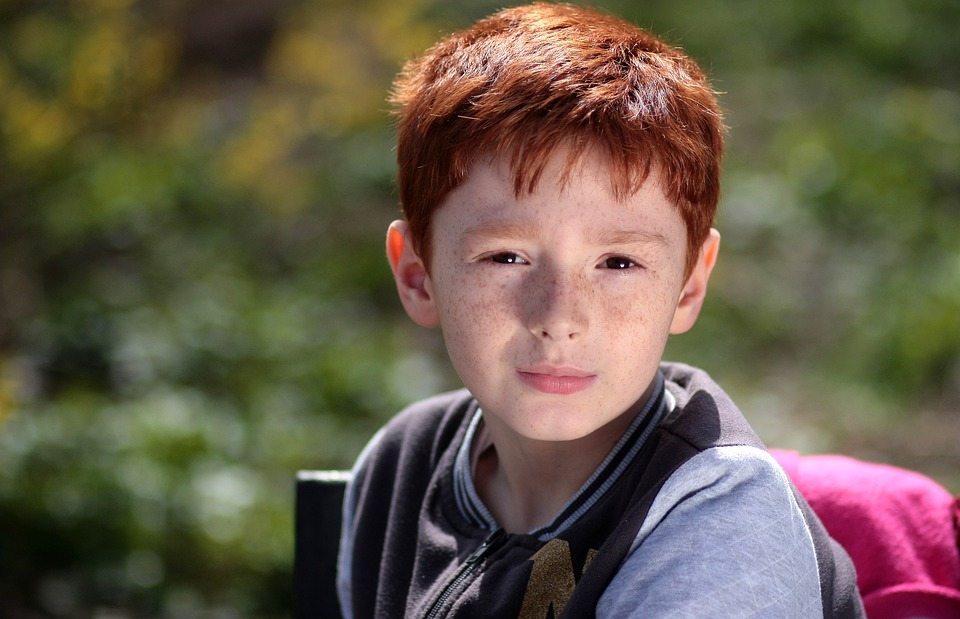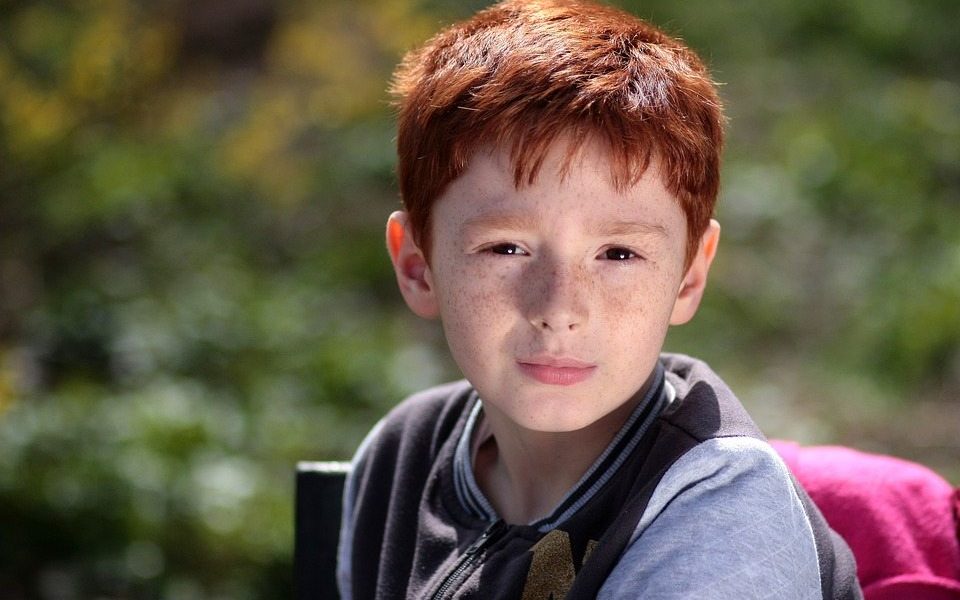Hypoxic-ischemic encephalopathy (HIE) is a form of brain damage caused by a lack of oxygen and/or blood flow to the brain. Babies with HIE are at an increased risk for cerebral palsy and other disorders and/or pathologies of the central nervous system, including neurological and mental health concerns. The boundary lines between neurological health and mental health are often somewhat hazy, as health concerns relating to the brain can manifest in ways both clinical (as seen, for example, in diagnostic imaging) and psychological (such as with behavioral or mood disorders).
HIE, CP, and developmental delays often lead to difficulties with making friends and adapting to a school environment. Because of this, those conditions are associated with mental health issues, such as depression and anxiety. Before delving deeper into the specific health concerns of children with HIE, it is useful to define the differences between the concerns addressed by neurologists and those addressed by psychiatrists or psychologists.
What is the difference between a neurological and psychological disorder/disease?

Although there is significant debate about the exact boundary lines between these two disciplines, neurological disorders are generally defined as those with a recognizable cause that affects the central nervous system (CNS) (1). Often, neurological diseases or disorders show up in clinical diagnostic testing. Psychological disorders, or mental health disorders, are functional disorders relating to emotional, social, or mental stressors.
Neurological issues are handled by neurologists or neurosurgeons, while mental health concerns are handled by psychiatrists or psychologists. Some disorders straddle the line between the two, giving rise to the field of neuropsychiatry (1). An example of such a disorder is Alzheimer’s disease. This disease is commonly known as a neurological disorder, affecting specific parts of the brain and studied for those effects. But psychiatrists also study Alzheimers and its manifestations in daily life.
Practically, medical professionals evaluate the best way to treat a specific case, and can provide recommendations regarding the kind of care that would be most suitable to the specific needs of your child.
What are some of the specific neurological and mental health concerns associated with HIE?
The impaired flow of cerebral blood and oxygen to the brain associated with HIE can cause a brain injury. It can impact different parts of the brain, so it is difficult to generalize the disorders that may be present in a given individual. However, we do know that up to 60% of infants with HIE die or develop severe disabilities, including cerebral palsy, intellectual and developmental disabilities (I/DD), or epilepsy (2).
Hypoxic-ischemic encephalopathy and cerebral palsy are associated with certain behavioral and emotional disorders, including ADHD, anxiety, and depression (3). It has been shown to affect the hippocampus and the striatum, among other brain structures. These structures are associated with memory and attention (4). Additionally, a recent study showed that children were more likely to develop autism if they were deprived of oxygen at birth (birth asphyxia, which can lead to HIE) (5). In turn, it is important to note that individuals with autism have been found to have an increased risk of depressive disorders (6).
HIE is, by definition, an injury to the brain. This means that there is the potential for comorbid neurological disorders as well.
What can parents do to help a child with neurological or mental health concerns?
Parents of children with HIE should work together with their child’s primary care physician to develop a treatment plan to address any mental or neurological health concerns. This may require a referral to a specialist medical professional, such as a neurologist, psychiatrist, or psychologist. Depending on the results of the medical professional’s evaluations, parents can sometimes provide medication, schedule therapy sessions, or find local support resources for mental health concerns such as depression. State Departments of Behavioral Health and Developmental Disabilities are sometimes able to provide parents with direction regarding what kind of services to seek out for their child, as well as information to ask therapists about during sessions.
About HIE Help Center
HIE Help Center is run by ABC Law Centers, a medical malpractice firm exclusively handling cases involving hypoxic-ischemic encephalopathy (HIE) and other birth injuries since 1997.
If you suspect your child’s HIE may have been caused by medical negligence, contact us to learn more about pursuing a case. We provide free consultations, during which we will inform you of your legal options and answer any questions you have. Moreover, you would pay nothing throughout the entire legal process unless we obtain a favorable settlement.
You are also welcome to reach out to us with inquiries that are not related to malpractice. We cannot provide individualized medical advice, but we’re happy to track down informational resources for you.
Sources:
- David, A. S., & Nicholson, T. (2015). Are neurological and psychiatric disorders different?. The British journal of psychiatry : the journal of mental science, 207(5), 373–374. doi:10.1192/bjp.bp.114.158550
- Allen, K. A., & Brandon, D. H. (2011). Hypoxic Ischemic Encephalopathy: Pathophysiology and Experimental Treatments. Newborn and infant nursing reviews : NAINR, 11(3), 125–133. doi:10.1053/j.nainr.2011.07.004
- Getahun, D., Rhoads, G. G., Kitaw Demissie, S. L., Quinn, V. P., Fassett, M. J., Wing, D. A., & Jacobsen, S. J. (2013, January 01). In Utero Exposure to Ischemic-Hypoxic Conditions and Attention-Deficit/Hyperactivity Disorder. Retrieved May 9, 2024, from https://pediatrics.aappublications.org/
- van Handel, M., Swaab, H., de Vries, L. S., & Jongmans, M. J. (2007). Long-term cognitive and behavioral consequences of neonatal encephalopathy following perinatal asphyxia: a review. European journal of pediatrics, 166(7), 645–654. doi:10.1007/s00431-007-0437-8
- Getahun, D., Fassett, M. J., Peltier, M. R., Wing, D. A., Xiang, A. H., Chiu, V., & Jacobsen, S. J. (2017). Association of perinatal risk factors with autism spectrum disorder. American journal of perinatology, 7(03), 295-304.
- Hudson, C. C., Hall, L., & Harkness, K. L. (2019, January). Prevalence of Depressive Disorders in Individuals with Autism Spectrum Disorder: A Meta-Analysis. Retrieved May 9, 2024, from https://www.ncbi.nlm.nih.gov/pubmed/29497980

